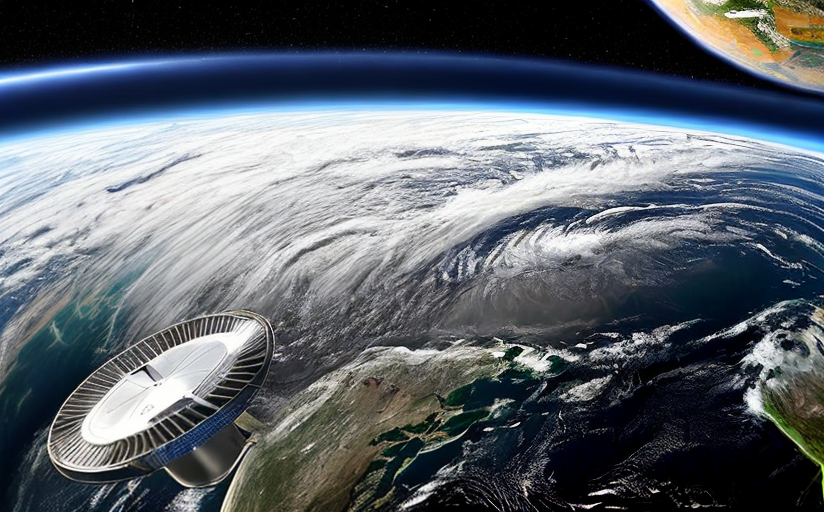The Role of the Circular Economy in Achieving Sustainable Development
Introduction to Circular Economy and Sustainable Development
The Circular Economy can be seen as an economic system aimed at minimizing waste and making the most of resources. It sways away from the traditional linear economy, which operates on a 'take, make, dispose' model, towards a 'reduce, reuse, recycle' mentality. Essentially, aiming to keep resources in use for as long as possible, getting the maximum value from them whilst in use, and then restoring and regenerating products and materials at the end of their service life.
On the other hand, Sustainable Development is a development paradigm that combines the need for economic growth with environmental protection and social equity. Our global commitment to Sustainable Development is captured within the 17 Sustainable Development Goals (SDGs).
Circular Economy's Contributions to Sustainable Development
The circular economy and sustainable development are inherently interlinked. When implemented properly, circular economy practices contribute substantially towards achieving the SDGs. Examples abound globally. For instance, Danish company Novozymes worked out a way to convert agricultural waste into bioethanol, a type of sustainable fuel. This innovation exemplifies both sustainable production and responsible consumption, in line with SDGs 12 and 13.
Differentiating Linear Economy from Circular Economy
The linear economy operates with a single-use mindset, often leading to environmental degradation and increased waste. Conversely, the circular economy focuses on systemic changes, advocating for longevity, renewability, and restoration. As such, the former is often associated with environmental and resource inefficiency, while the latter seeks to redress these issues.
The Environmental, Economic and Social Advantages of the Circular Economy
According to the Ellen MacArthur Foundation, shifting to circularity could bring about $1 trillion of economic benefits globally by 2025 and create 100,000 new jobs within the next five years. Environmentally, it substantially reduces waste output and the consumption of finite resources. From a social perspective, it promotes innovation, job creation and systemic change in consumer behavior.
Challenges and Solutions
However, the transformation to a circular economy does face challenges, such as compliance costs, sector-specific issues, and the need for behavioral change. Policy incentives, increase in research and development, capacity-building, and public awareness campaigns are potential solutions to help overcome these challenges, considerably accelerating progress towards the SDGs.
The Role of Stakeholders in this Transition
The transition from a linear to a circular economy requires collective action. Governments can create inspiring policies, industries can incorporate circular practices into their operations, and individuals can support sustainable products and reduce their own levels of waste. All can play a part in driving this shift towards circularity, which promises significant economic, social, and environmental benefits.
Conclusion
The circular economy, with its emphasis on resource efficiency and waste reduction, has a critical role in achieving sustainable development. By committing to the transition from a linear to a circular model, stakeholders across the spectrum can contribute dramatically to the achievement of the Sustainable Development Goals.



















Comments
Leave a Comment